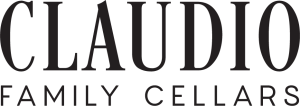
In the Early Years
In the early part of the 20th Century thousands of families from Poland, Yugoslavia, Czechoslovakia, Russia, and Italy immigrated to Broome County in Upstate New York to work for the rapidly growing shoe manufacturer Endicott Johnson Corp. Ethnic neighborhoods began to develop as each group sought out like minded people to live nearby. In these Ethnic neighborhoods the culture, traditions, and recipes from their native countries could be found.
Sam Russo, my first cousin, was born into an Italian family in the early 1940’s and grew up steeped in Italian culture and traditions. One of these traditions was wine making. Every family made wine. Some made good wine, some not so good. It was Sam who taught me those long-held traditions on which I base my wine making processes today.
“Keeping it in the family” and long drives for Chris
Growing tired of ordinary wine at a price point I was willing to pay, in 1994 I began making the fall journey from Rochester, Minnesota to Binghamton, NY, to begin learning the craft of winemaking from Sam. I started small, as after primary fermentation was complete, I would load up 20-30 gallons of wine in 5-gallon glass carboys into the back of a minivan for the return trip. The wine would age for about 12 months in glass before bottling. While primitive, this extremely small-scale startup allowed me to understand the basics which when combined with books and supplier documentation set the foundation for my next step.
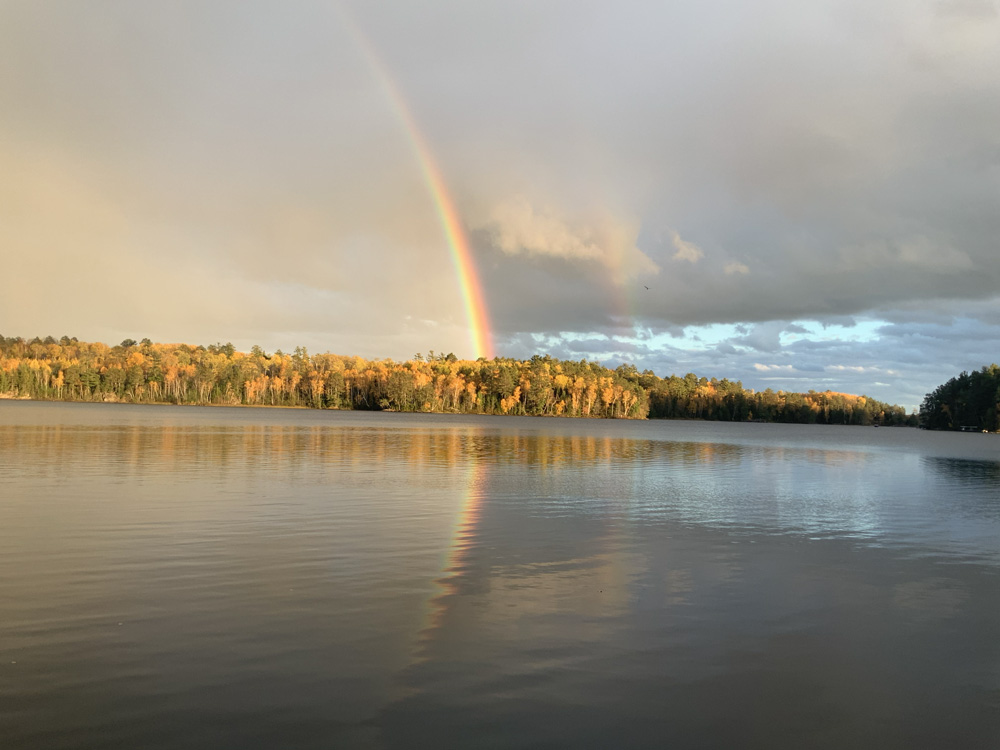
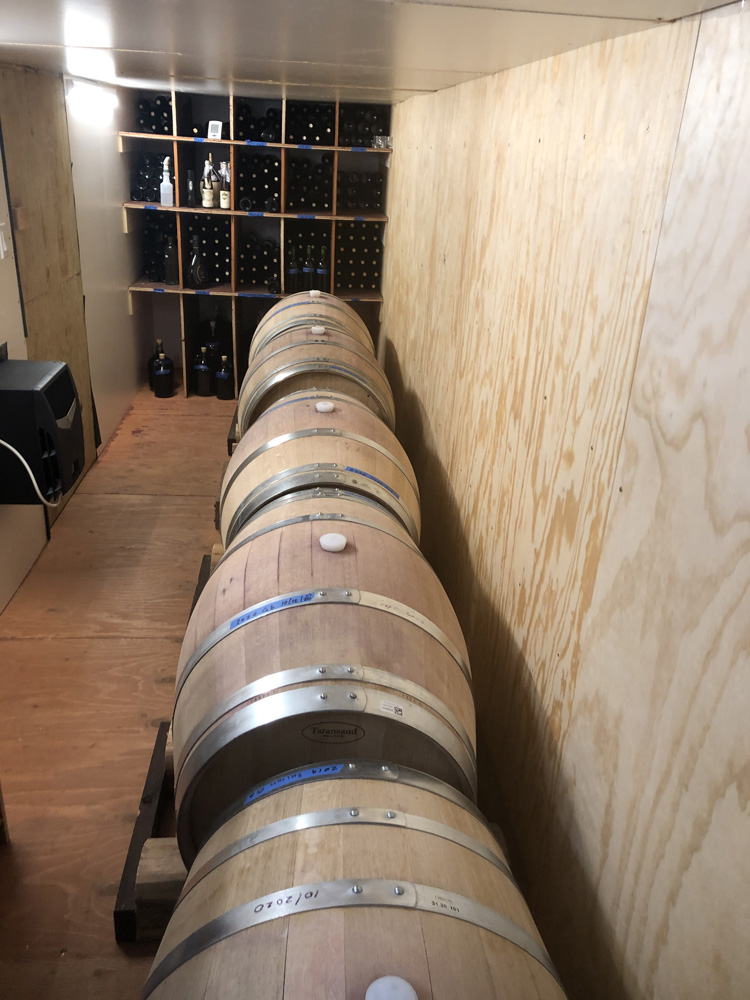
So it really is all about the fruit...
Ok, so it really is all about the fruit. After saying enough with brokers, phone calls to vineyard owners in Napa begin pulling back the curtain, and everything changes: While this initial process served it purpose, especially while doing hard time in tech, raising a family, helping to coach when possible and maintaining a home, the frustration with the fruit steadily grew as I continued to learn more. Pressed the new local broker enough for higher fruit quality, he gave up on me and provided me phone numbers to brokers in California to source my fruit more directly. The result was experimentation with fruit from Paso Robles, Sierra Foothills and Suisun that while much improved, did not give me the access to vineyard managers that was needed.
Go big or stay home
Go big or stay home, and with vaccines, lack of refrigerated trucking options and the escape from tech, the move to California begins: As the 2021 harvest approached, it became clear that my winemaking craft was about to take another major turn. While unlike the risks associated with travel in 2020, vaccines were now available, but Covid had made a mess of transportation supply chains. In particular anyone dependent on refrigerated trucking from California to all points east reported trucking capacity being at less than 20% of what was required. As a result, I unable to secure the same arrangements used in 2020. The best I could arrange was to truck my fruit to same terminal in Union City, wait for an undetermined amount of time for a truck to have room, while paying $200/day per pallet for my Napa fruit to sit and shrivel.
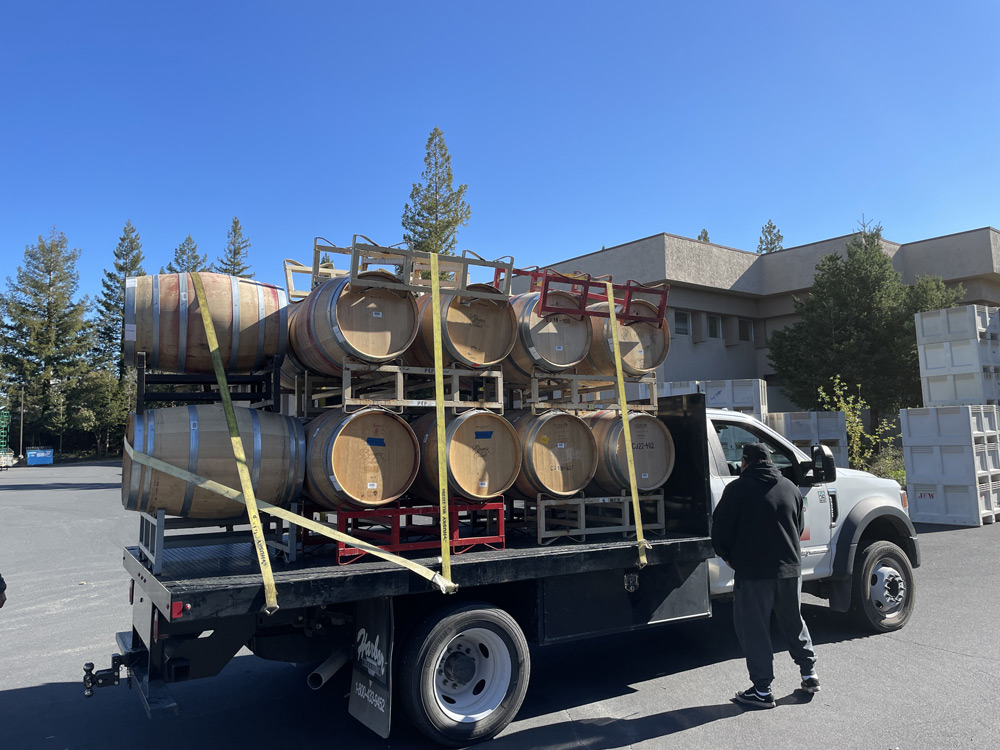
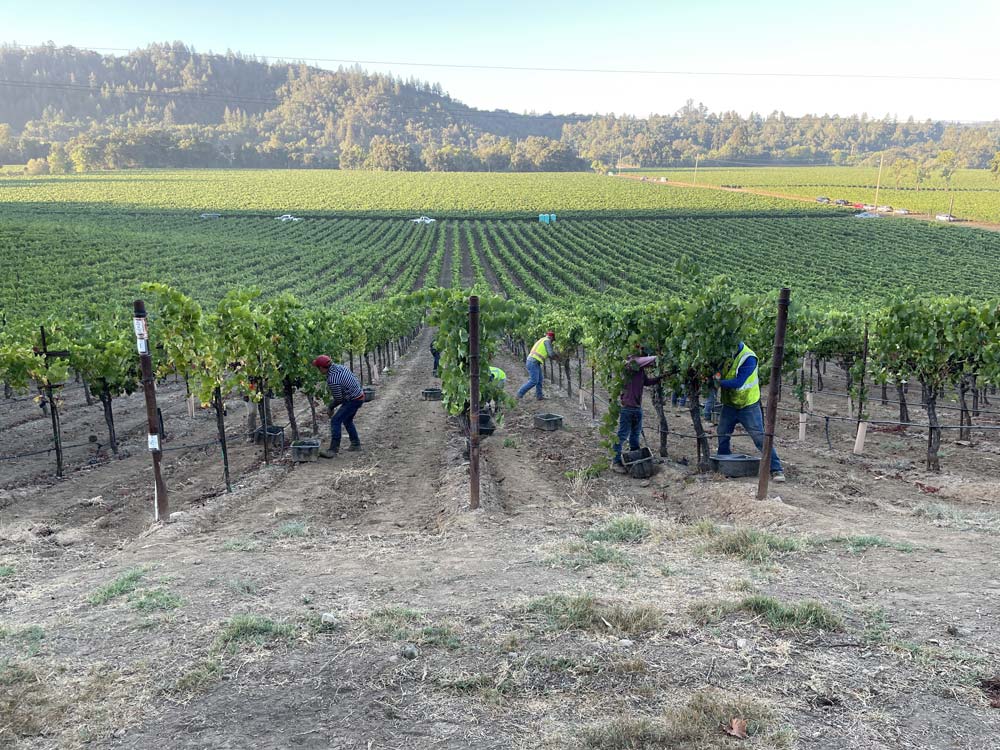
Moving to St. Helena
The continuing education program at the University of California at Davis offers a curriculum in enology and viticulture that provides an excellent introduction into all phase of winemaking, and also includes a semester in viticulture. While certainly not to be compared to the standard undergraduate and graduate programs that are the norm, this program provides an excellent foundation for second career people like myself who have experience, but never received formal instruction into the science of the craft. While all the instructors were very good, as always with any curriculum, there are a couple who make it all work for you. For me the first is Dr. Grady Wann, who delivered the initial pre-req course on Basic Chemistry for Winemaking.
